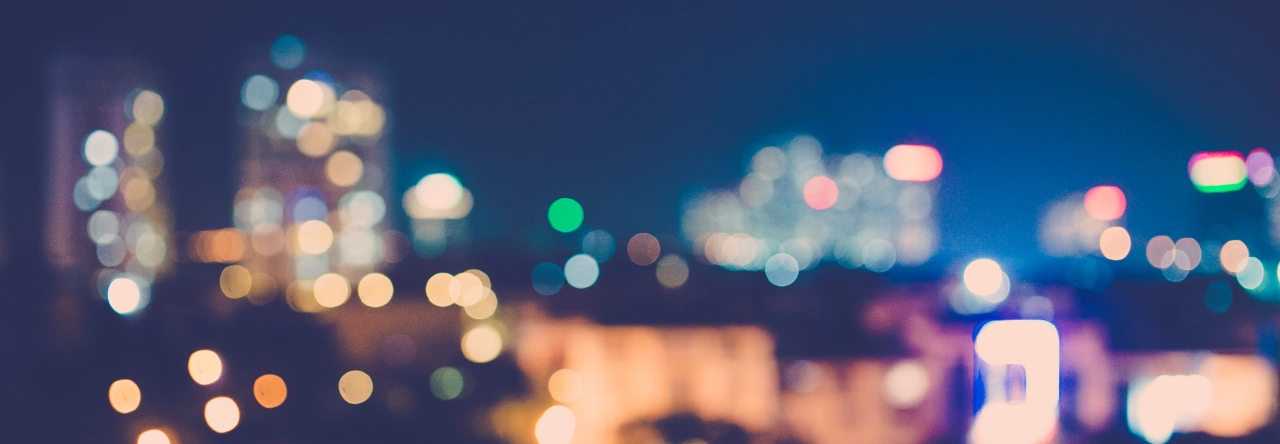Other quick research from the opening project…
As far as I can discover Jean-François Chevrier is an art historian, art critic and exhibition curator living and working in Paris. A Professor in the History of Contemporary Art at the École nationale supérieure des Beaux-Arts in Paris he has written essays which examine “the place of photography – and by extension modern and contemporary art – among the arts and the media.”
He has curated and co-edited a variety of exhibitions and catalogues such as Matter of Facts (Nantes et al., 1988), Une autre objectivité / Another Objectivity (London, 1988), Photo Kunst (Stuttgart, 1989), Craigie Horsfield (London, 1989), Lieux communs, figures singulières (Paris, 1991), Walker Evans and Dan Graham (Rotterdam, 1992) and Craigie Horsfield. La ciutat de la gent (Barcelona, 1996). He has written essays on Jean-Marc Bustamante, John Coplans, Ken Lum, Michelangelo Pistoletto, Gerhard Richter and Brassaï.
He is mentioned as arguing in Documentary Now! (2005, p47) that documentary is”…the result of a recording process and not a product of the imagination.” I couldn’t find anything online or obtain a hard-copy to know what the full article said to be able to argue that much against his point, but having already seen a variety of work that is more “imagined” or “constructed” I do believe that these have a place under the umbrella of documentary. Wells (1997) argued that ‘perhaps the simplest and most obvious test of authenticity…is to ask whether what is in front of the lens …has been tampered with, set up or altered by the photographer.’
Mohamed Bourouissa, born in 1978 in Blida, Algeria and who now lives and works in Paris, is mentioned to semi-refute this belief- his website can be found here
A really good review into his work Périphéries can be found here. Without reproducing the article word for word it sums up some of my feelings towards staged images. His work maybe posed but it does document the issues that are found in Paris suburbs, for example unemployment, race, religion, poverty, social issues, immigration, etc
Everything is real in Bourouissa’s photographs – the people, the locations, the problems it shows – except for the actual situations. The situations are staged. Now, you might ask how one could actually tell that that’s the case, and the answer is: You can’t. You need to know.
There is also a mention of an article in Eight magazine in 2004 (V3N1), Witold Krassowski, this can be found here and once I have read it I shall add to this post my reflections on what it has to say!
*update* Under the sub-heading of The paradox of documentary we are advised that Witold Krassowski (a photographer and photographic reportage teacher, Media Art Department, Academy of Fine Arts, Warsaw, Poland …website here ) argues that a documentary photograph is not an efficient method to document a process as it cannot explain or analyse. My initial thoughts were yes it can… maybe not ALL but some stand alone images can instruct, or at least partly explain what is happening, at one given point in time. The image itself cannot analyse, that is up to the viewer but surely that can be argued against anything? A word cannot analyse, it is the reader interpreting the meaning behind the word so do we then concluded that words cannot document a process? Further digging about unearthed this very interesting post. I did agree that photographs can “influence human emotion.”
I downloaded the article and read it, highlighting in different colours various points as the debate rages on about categorising, pigeon-holing and teaching photography, it raises issues that have been thrown around and never answered…is it art, is it truthful, do some genres still have a genuine role in today’s multimedia society? Photography has been broken down into three things, “The Perspective Thing, The Honesty Thing, and The Empathy Thing.” A good a place as any to start I guess. But, again most writings, or verbal histories can equally be as sub-divided.
Seems to me it boils down to: don’t over think things but do carry out background research, remember your baggage will influence your image taking, how people see your image depends on their own baggage, don’t believe your own blurb/personal statement witterings, nearly everything has been done already so make it different, teaching within a rigid framework can stifle creativity, the writer doesn’t seem to like students much lolololol – read it and let me know what you think – be careful what, how and why you shoot anything emotive, think about your motives and keep them honourable and not exploitative.
There were a lot of points in there I did agree with such as the ones above, but does he really think photographers today only want fame and recognition, status over quality?
Research
Wells, L. (ed.) (1996) Photography: A critical introduction. London: Routledge.
